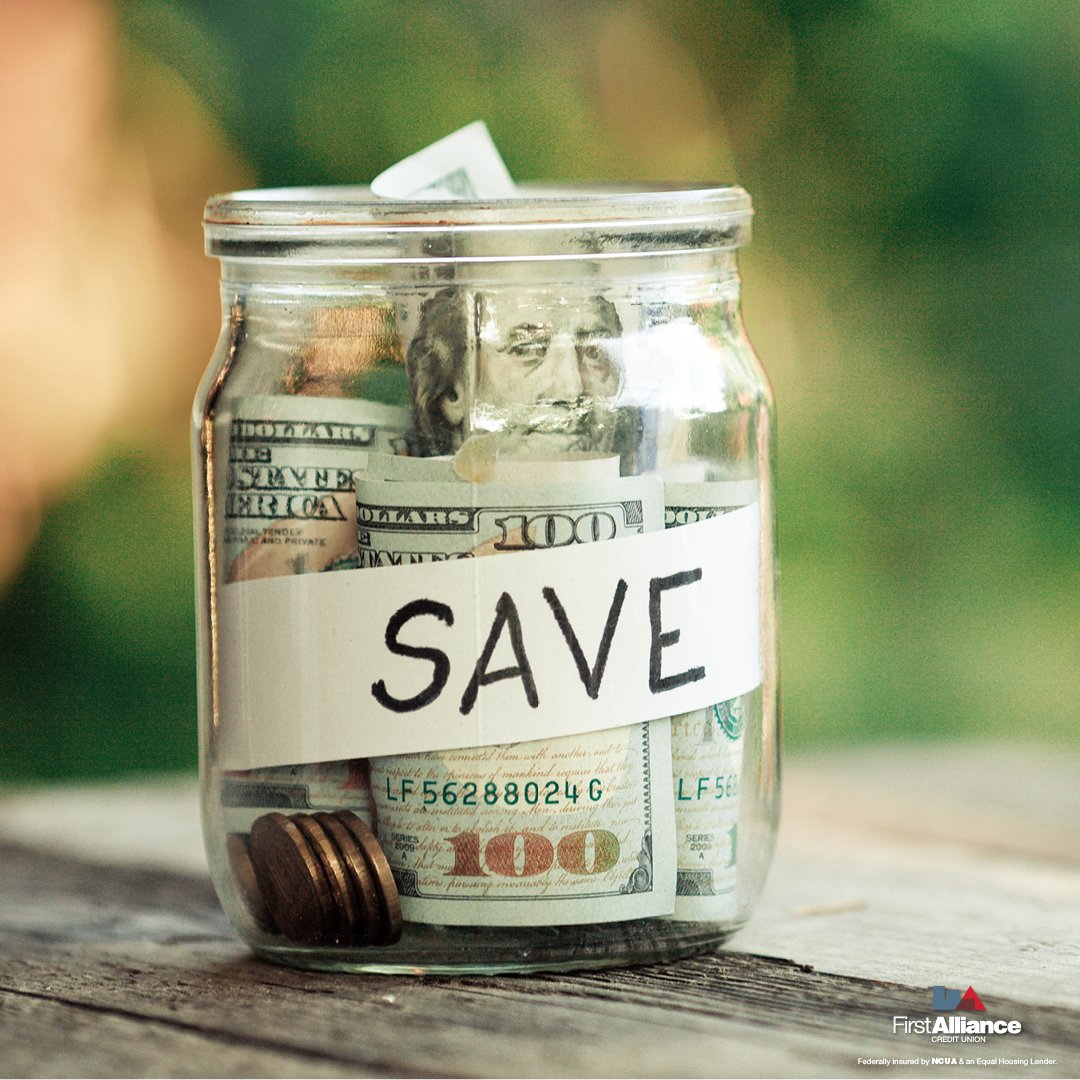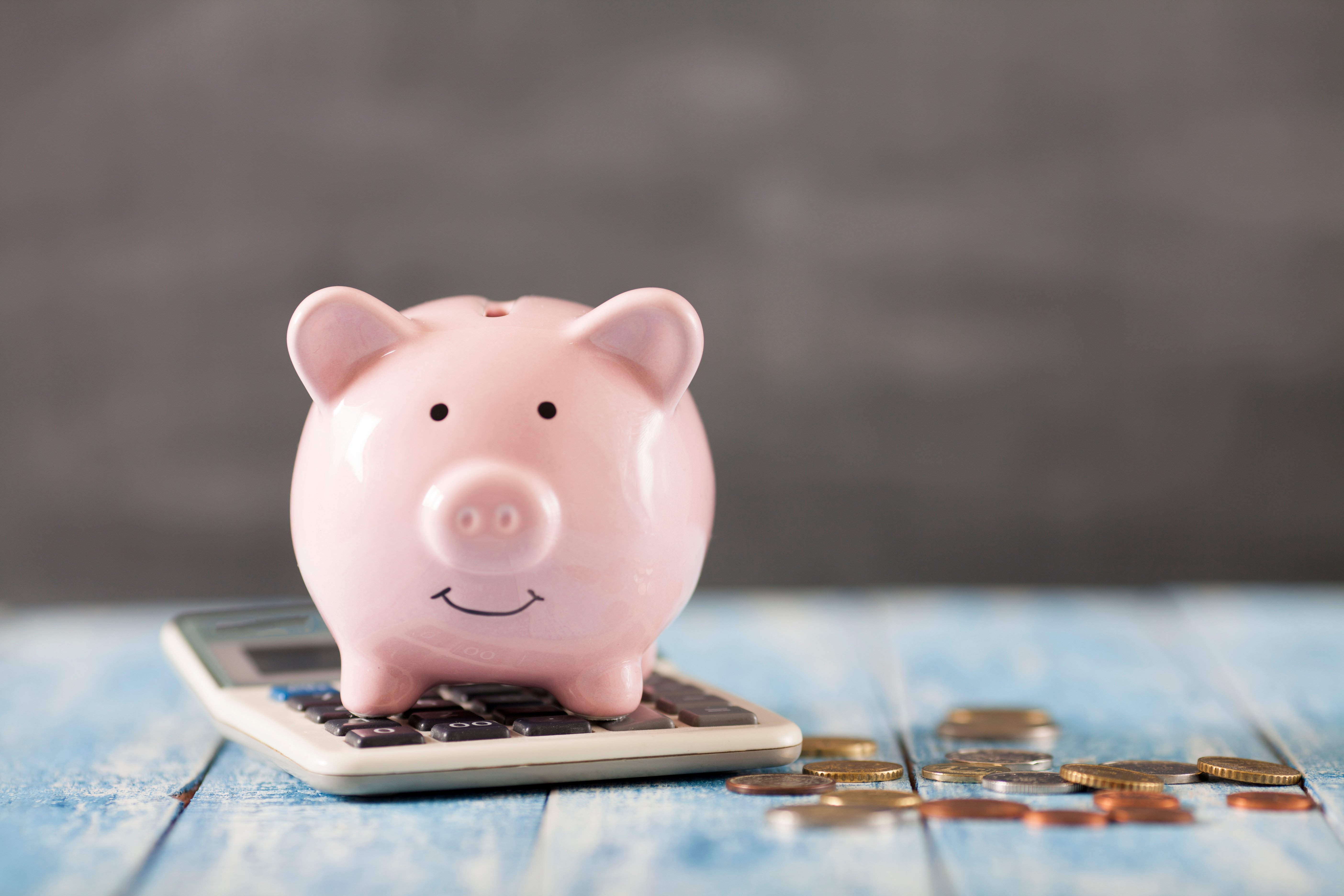Interview with an Expert: Budgeting and Saving Advice
Everyone says they want to save more money and be better at managing their finances. But if you don't know where to start or have questions along the...

Every financial expert talks about the importance of saving money. A lot of them have also come up with innovative ways to save, not to mention what to do with the money you’ve put aside. The problem for many people isn’t that they’re unaware of how to save money or how to invest it, though. It’s that saving money at all can be hard.
Fortunately, there are ways to save money on a tight budget. It won’t be easy, but the reward is well worth it.

The first step in saving on a tight budget is to make sure you actually have a budget. If you don’t have one, you’re not alone. According to one Gallup poll, only a third of Americans actually keep a household budget.
If you are in that one third of Americans who actually do have a budget, first take a second and congratulate yourself. After you’re done, though, you’ll want to go through your budget again. If any expenses or income have changed, you’ll know where you stand, and if not you’ll at least have your financial situation fresh in your mind.
Start creating your budget by totaling up your expenses. Write down your fixed expenses first, such as rent or mortgage, loans, utility bills and credit card bills.
Once you’re done with those, calculate what you’ll want to spend on your other necessary expenses, such as food, gasoline, entertainment and clothing. If you’re not sure how much you spend on those, come up with an estimate. If you have trouble coming up with an estimate, use your monthly banking estatements to help you figure out what you spent where.
Once you have all your expenses written out, write down how much you get monthly from all your sources of income. Then total them up and see how much is left over. If you’re on a tight budget, there may not be much left.
That’s okay.
The important thing at this stage is to make sure you have a balanced budget that works for you. If it doesn’t, you’ll want to figure out how to balance that budget, especially if you’re filling the gap with a credit card or, worse, a Payday loan.

Once you know what you have coming in and going out, you’ll also know what, if any, is left over. You might think that this is the amount you put into savings each month, and while that’s a great idea, it may not be the amount you should be saving.
How much you should save really depends on your experience saving and your budget. If you’re just starting out, just try to save 10% of your income. You should also limit the amount you save to 10% if saving more would affect your ability to pay your monthly bills. Once you have some experience saving, though, increase your savings gradually. If you can increase your monthly savings up to 20% of your income, you’ll be doing a pretty good job.
LeAnne shares practical steps for creating your first budget!
Once you have a budget in place, you’ll need to stick with it. Otherwise, you‘ll overspend and the amount you’re over will most likely come out of your savings.
What most experts fail to mention, though, is that your first attempt to create a budget might not be entirely correct, especially if you don’t know just how much you spend on items like food and gasoline in the past. You’ve probably seen several articles that tell you how to save money, but what if you find yourself using one more tank of gas each month than you thought?
First, use an app to track your spending. Apps like Mint and First Alliance's My Money can not only track your expenses, but also put it into categories and apply it to a budget you’ve created on that app. You can also use your financial institution’s app, to track your spending, too.
It’s worth noting that First Alliance’s mobile banking app has features that can not only help you track your spending, but also set spending limits on your debit card to ensure you don’t overspend in a category.
Next, transfer the amount you plan to save into your savings account each time you get paid. If you worry that you won’t remember, you can set up direct deposit to automatically put a certain amount of each paycheck into your savings account. This not only helps you remember to save, but it also helps take the sting out of removing that money from your checking account.
Next, conduct a monthly review. Take a look at whether you hit your spending goals or not. For every goal you missed, figure out why. Some goals, maybe even most of them, can be hit if you know how to improve your spending habits and get more value for your money, but other expenses, like needing an extra tank of gas each month, might be unavoidable.
If you do discover one of these unavoidable expenses, you’ll have to figure out where the money will come from. Try to avoid taking it out of your savings at first and focus on entertainment, instead. This is also an excellent time to see if you can cut costs by a small amount in your other budget areas to come up with the amount you need.

Once you’ve got your budget under control, it’s time to look at each item and figure out how to cut costs. If you don’t know where to start, don’t worry—the Internet has plenty of experts willing to help.
Some suggestions for cutting costs:
Shop around for competitive rates on everything from auto insurance to Internet bills
Cut down on eating out and daily coffee-shop beverages
Turn off lights and electrical appliances when not in use
Comparison shop for groceries and plan your meals out a week in advance
Look for coupons on things you buy regularly
Check your library or city events calendar for free entertainment
Call your phone/Internet provider once a year to negotiate a lower rate
Once you’ve got some money saved up, you’ll be able to start establishing some financial security. Start by establishing a security fund and make sure it has at least $500. Why $500? FDIC research shows that amount covers about 70 % of life’s “oops” moments—think a flat tire or surprise medical copay—so you stay out of high-interest debt. Once you have that saved, start paying down your debts.
After you’ve paid off your debts, you’ll have a lot of options available. You can start planning for bigger expenses, such as education, new cars and even moving into a new home. You might also consider investing your money in an IRA or a CD. No matter what you do, though, the money you save will help to improve your quality of life.

Everyone says they want to save more money and be better at managing their finances. But if you don't know where to start or have questions along the...

Saving money can feel simply overwhelming, especially when you're juggling entry-level jobs, student loans, and maybe even living with roommates. But...

Why do so many New Year’s Resolutions fail? Most of us just try to do too much too fast. People who want to lose weight, for example, sign up for a...